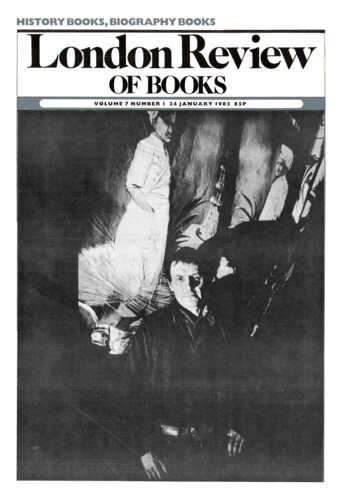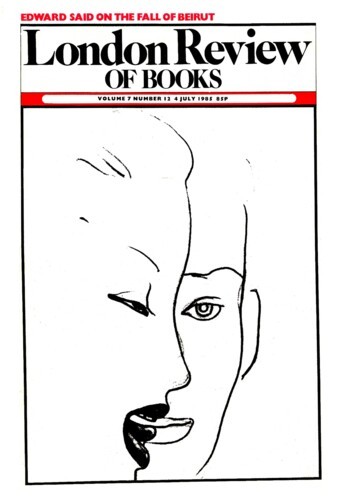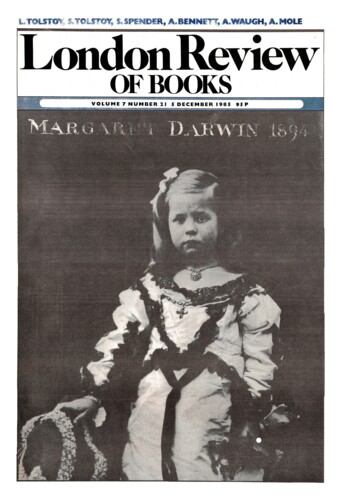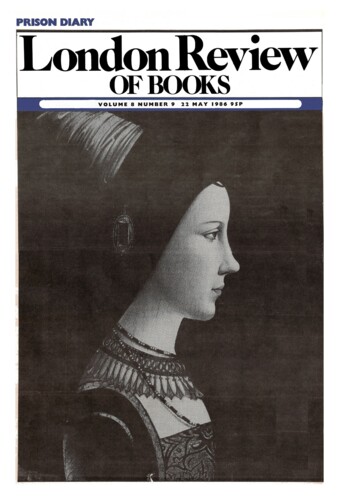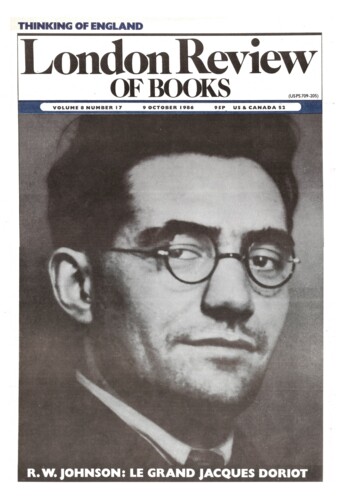Poem: ‘Pomagne’
Blake Morrison, 24 January 1985
‘Be careful not to spill it when it pops. He’d bloody crucify me if he caught us.’
We had taken months to get to this, our first kiss a meeting of stalagmite
and stalactite. The slow drip of courtship: her friend, June, interceding with letters,
the intimate struggle each Friday under the Plaza’s girder of light.
But here we were at last, drinking Pomagne in her...
